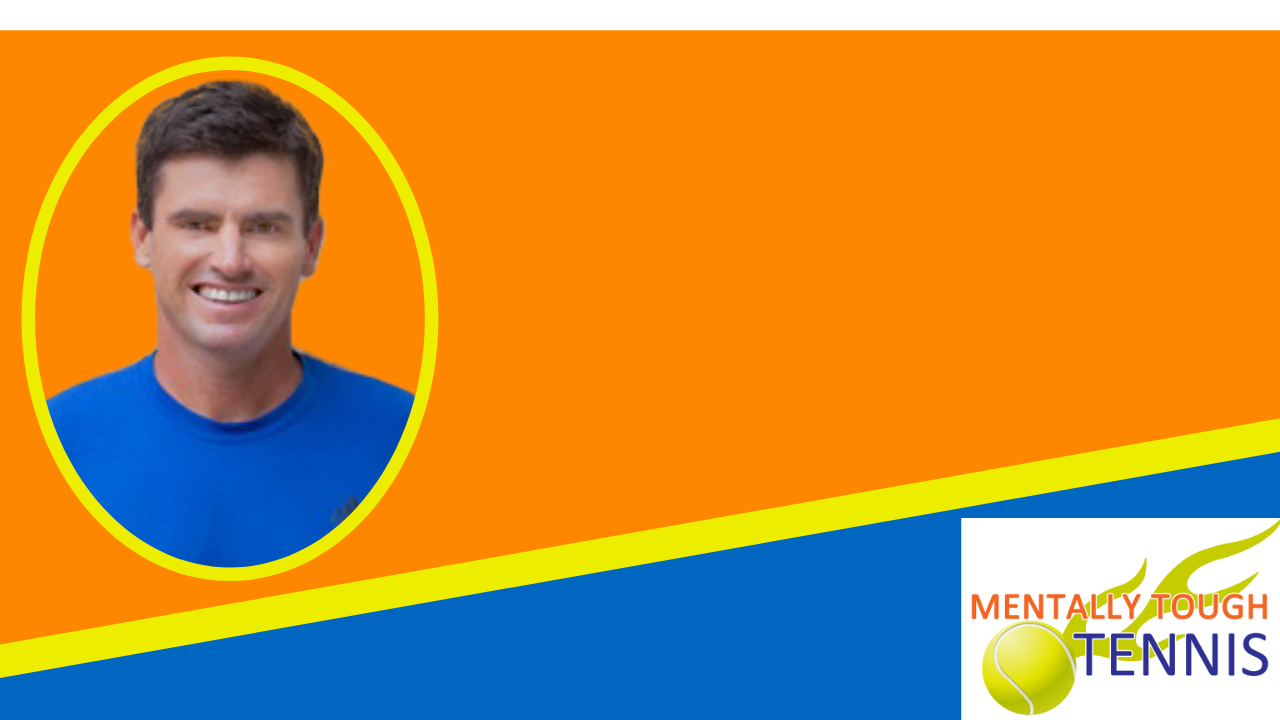WELCOME TO OUR FREE ARTICLES, VIDEOS, AND RESOURCES
Would you like us to send our best free tips, tools, and special offers straight to your inbox?
Form vs Function

If we want to understand player match behaviour better there are 3 factors to consider.
1.) Context
Context is the situation in which the behaviour occurs. So, for example, a particular behaviour may occur only in certain match situations.
2.) Form
Form is the behaviour that we see. So, for instance, a player who gives up when losing, a player who plays poorly under pressure, or a player who acts angrily when not meeting expectations.
3.) Function
The function is the reason for the behaviour. When we look at behaviour through a functional lens we are repeatedly asking ourselves, “What is the player’s current behaviour in the service of”? “Why might it be occurring”?
When we look at match behaviour we can often see that similar forms of behaviour e.g., giving up, acting angrily…might have different functions. It’s the function that is important for us to understand if we want to help players regulate their behaviour.
Maria Sharapova's Defining Glory: The 2014 French Open
##This was an article I wrote in 2014 summarising Maria Sharapova's incredible mental toughness...
How fitting!
It would not have been quite right had Maria Sharapova completed one of the all-time great grand slam title runs in any other way.
A mighty struggle of over 3 hours; faced with the adversity of double faults at key times throughout the match; seeing the 2nd set slip from her grasp when so close to victory; but ultimately decided, like so often throughout her magnificent career, by her ability to respond to the adversities characteristic of 3-set encounters just a little better than her brave opponent.
Sharapova’s Remarkable Career 3-set Record...
Think of any quality associated with mental toughness and Maria Sharapova ticks the box:
Competes effectively when behind;
Competes effectively when not playing her best;
Competes effectively under pressure;
Competes effectively when in front;
Competes effectively through adversity.
In total, Sharapova’s career sp...
The Most Important Reflection Question to Ask Before Matches
If players' want to fulfil their potential, there is one question that is the most important of all for them to reflect on before they play matches.
And that is what this week's 'Mental Toughness Made Simple' video is about...
I hope you find it helpful :-)
The Kyrgios Saga Continues…Why Players Give Up
While I’ve written about Kyrgios’s issues a couple of times in the past I’ve never before received so many communications asking for my opinion as on his performance last night against Andreas Seppi.
So here it goes…
Essentially, the way I saw it, Kyrgios tried for 2 and a half sets…Didn’t try for the next set and a half… Then see-sawed between trying and not trying in the 5th.
First, lets clarify the possible reasons players don’t try…There are only 3:
1.) Lack of motivation
We most commonly blame a lack of effort on poor motivation. While this is sometimes the case, more often than not I’ve found that what I first thought was a motivational issue, turned out to be a result of other issues.
2.) Caught in Helplessness
A more common reason players give up is that they become caught up in the internal experience of helplessness.
Throughout evolution it has increased the chance of human survival to be able to predict the outcomes of conflict, so that rather than becoming i...
Wawrinka's Pre-Match Nerves No Barrier To His 3rd Grand Slam...
That was another incredible big match performance by Stan Wawrinka to claim his 3rd Grand Slam and 11th finals victory in a row. Interestingly, it came after what he described as being the most nervous he has ever been before a match...
I found his candour regarding his pre-match nerves refreshing. Here's what he said in his post-match interview:
"Today, before the final, I was really nervous like never before. I was shaking in the locker. When we start five minutes before the match talking, last few things with Magnus, I start to cry. I was completely shaking...I was also -- because I don't want to lose the final in a Grand Slam. That simple. That's the only reason....The pressure, I was feeling amazing after the semifinal. I was feeling great yesterday. Really happy. But this morning it start to be there, the feeling of you don't want to lose. I don't want to come to the court and lose a final. So close, so far."
The reason players almost always feel nervous before matches...
The Mental Toughness Fundamental Players Almost Always Overlook...

One of the simplest and most important things players can do to boost motivation and focus for practice and matches is to take a minute to reflect on a few vital questions before hitting the court...
When players create the habit of doing this it usually adds up to big benefits over time.
But unfortunately, it rarely happens...
In the rush to get out there and hit balls players miss out on the opportunity to reflect on what they are about to do, and why it is important to them to do so...
For example, players need to stop and reflect for a short time on whether the aim of the activity they are about to do is to win; improve; or both...(We call this the Performance Aim)
So in practice more often than not the focus is on improvement...
Whereas in matches, the goal might be to win, or improve, or both (during the developmental years too many kids focus solely on winning instead of improving skills that will help them become the best player they can be).
And if the performan...
